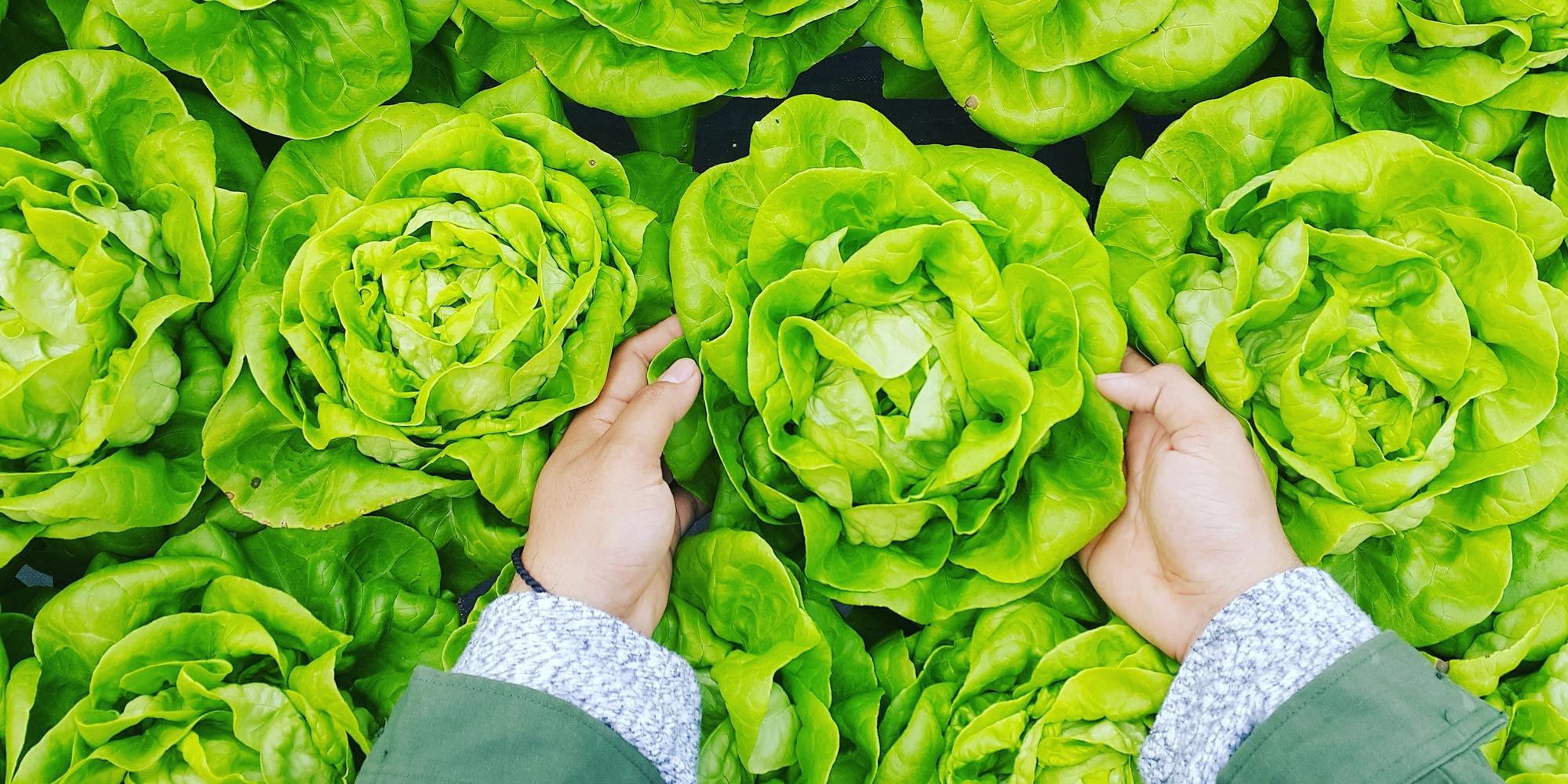Navigating the World of Sustainable Living: A Beginner’s Guide

The buzz around sustainability has never been louder. As environmental concerns take centre stage, more individuals are seeking ways to tread lightly on the planet. If you're new to this world, the vast amount of information can be overwhelming. But fret not; sustainable living is a journey, not a destination. Let's embark on this voyage together with a beginner's guide to navigating the world of sustainable living.
1. Understanding Sustainability
Before diving into practices, it's essential to understand what sustainability means. At its core, sustainable living is about meeting our present needs without compromising the ability of future generations to meet their own. This balance hinges on environmental, social, and economic dimensions.
2. Start Small and Build Up
Transitioning to a sustainable lifestyle doesn't mean overhauling your life overnight. Start with small, manageable changes:
- Ditch single-use plastics: Carry a reusable water bottle, shop with cloth bags, and consider using metal or bamboo straws.
- Conserve energy: Turn off lights when leaving a room, unplug unused appliances, and consider LED bulbs.
3. Mindful Consumption
Being a conscious consumer can make a significant impact:
- Buy less, choose wisely: Invest in quality products that last longer. Embrace the philosophy of minimalism (https://www.theminimalists.com/) to reduce clutter and waste.
- Support ethical brands: Look for certifications like Fair Trade, Organic, or Rainforest Alliance when shopping.
4. Green Your Diet
What we eat has environmental implications:
- Eat local and seasonal: Buying local reduces the carbon footprint associated with long transport routes. Check out nearby farmers' markets or consider subscribing to a [community-supported agriculture (CSA) program](https://www.localharvest.org/csa/).
- Consider plant-based options:** Even if you aren't ready to go vegetarian or vegan, incorporating more plant-based meals can reduce your ecological footprint.
5. Eco-friendly Transport
Rethink how you move:
- Use public transport: Buses, trains, and trams emit fewer greenhouse gases per passenger than private vehicles.
- Embrace carpooling: Apps like BlaBlaCar (https://www.blablacar.com/) connect drivers with people heading in the same direction.
- Cycle or walk: It's not just eco-friendly but also great for your health!
6. Stay Informed and Connect
Join the community:
- Educate yourself: Read books, watch documentaries, or follow sustainable blogs to stay updated.
- Join local groups: Networks such as Transition Network (https://transitionnetwork.org/) offer community-led responses to climate change.
7. Embrace DIY
From homemade cleaning agents to beauty products, DIY solutions are often more sustainable:
- Reuse and upcycle: Before discarding, think if an item can be repurposed or given a second life.
8. Be Kind to Yourself
Mistakes and setbacks are part of the journey. Celebrate your achievements, no matter how small, and remember that every step counts.
In conclusion, sustainable living is an ongoing process of learning and adapting. By making conscious choices and being aware of our impact, we can collectively pave the way for a greener future. As the old adage goes, "We don't need a handful of people doing zero waste perfectly. We need millions doing it imperfectly." Welcome to the community; your journey has just begun!

